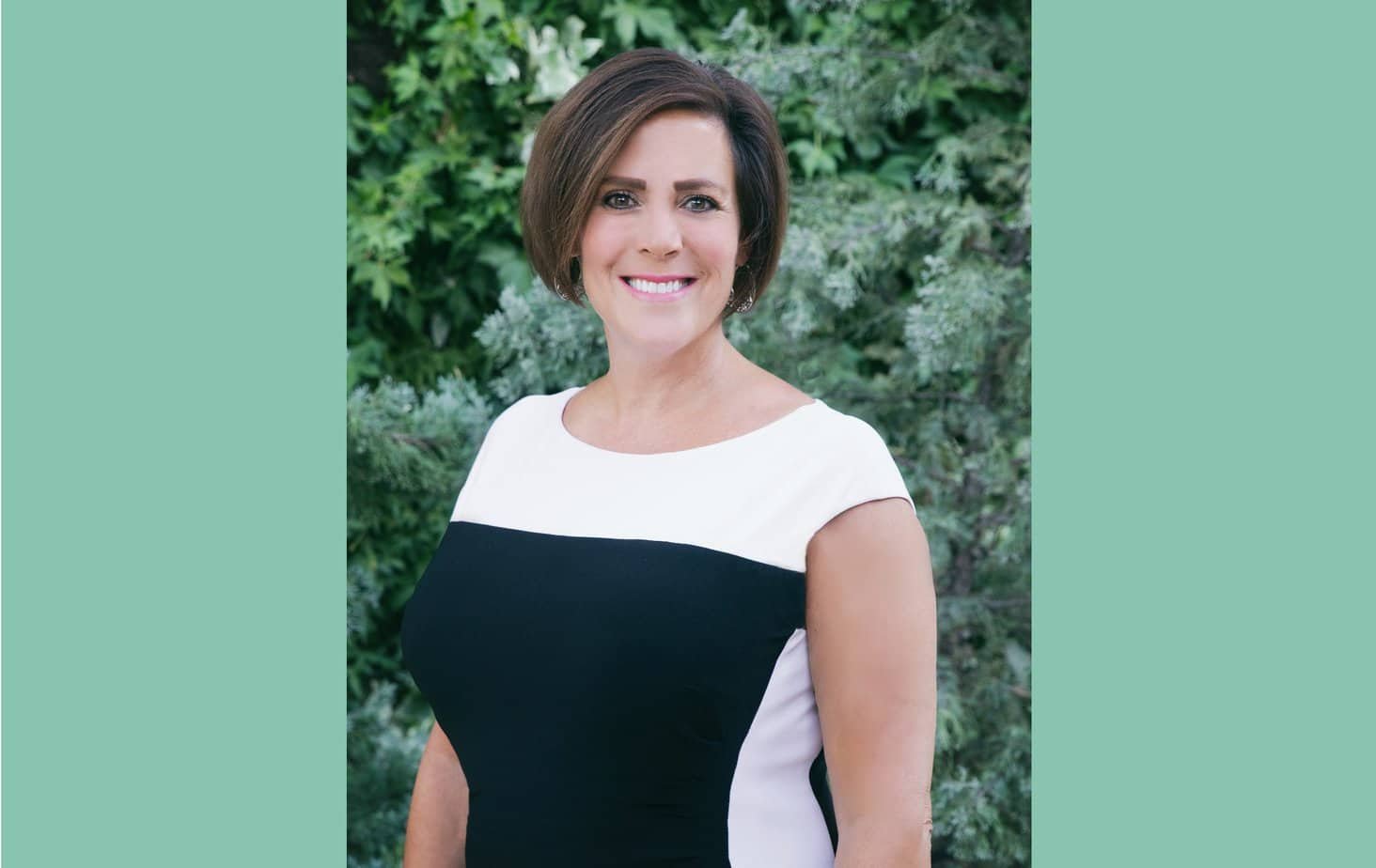academic freedom
YCC President Makes Bold Power Play Against Board

The Yavapai Community College Governing Board recently passed a controversial resolution that aims to grant operational authority to President Lisa Rhine. The vote, held on November 19, ended with a 4-1 decision, with District 3 representative Toby Payne opposing the measure.
This resolution, drafted by former YCC President David Borofsky and initiated by board chairwoman Deb McCasland, seeks to shift the governing board’s role in a way that may violate state law. The Arizona Revised Statutes clearly delineate that the governing board is responsible for maintaining community colleges and cannot delegate its authority to the college president. Despite this, the resolution attempts to define a clearer division between governance and administration.
Ray Sigafoos and Chris Kuknyo, who supported the resolution, were voting in their final capacity as board members, having faced electoral losses in recent weeks. Their approval of the resolution prompted strong criticism from former board member Bob Oliphant, who labeled the move a “preemptive power grab.” He suggested that the board’s actions reflect a fear of increased scrutiny with the arrival of new members come January.
Under the new guidelines, the board claims to enhance cooperation with the president, constraining individual board members’ ability to interact directly with college staff. Any concerns must now be funneled through the president, placing restrictions on board members and possibly infringing upon their First Amendment rights.
The resolution also stipulates that the president can deny information requests from board members deemed disruptive, further limiting how governance is conducted. Legal experts highlight that policies designed to limit free speech could face considerable legal challenges, citing various court cases that affirm the rights of employees and board members to speak out on public matters.
Media law specialists emphasize that prior restraints on speech are typically unconstitutional, raising questions about the legality of the newly imposed conduct rules. As Yavapai College approaches a transitional period with new board members set to assume office, many are watching closely to see how these developments will unfold.
This situation raises broader implications about governance, accountability, and free speech within educational institutions, drawing attention from legal experts and the community alike. Oliphant’s comments suggest a growing concern regarding the board’s intentions and the potential for diminished democratic processes at the college.


















